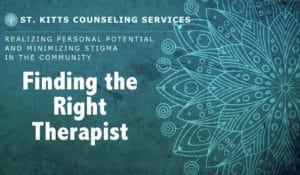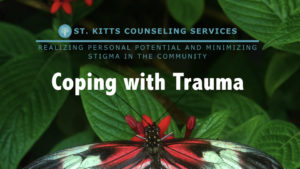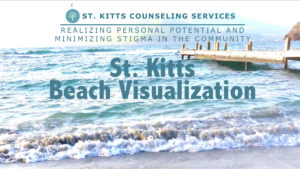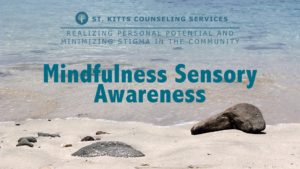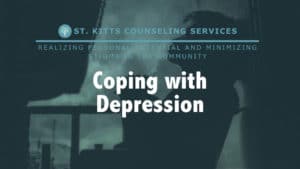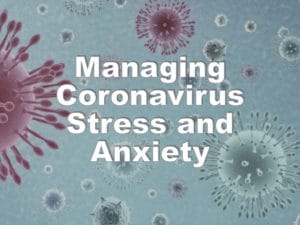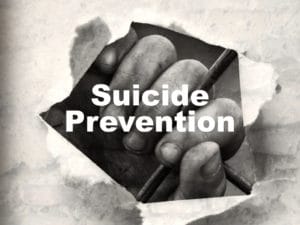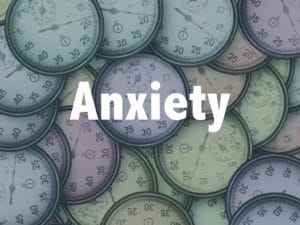
Strategies to Manage Your Stress and Anxiety
Lorem ipsum dolor sit amet, consectetur adipiscing elit. Ut elit tellus, luctus nec ullamcorper mattis, pulvinar dapibus leo.
- Some sadness or emptiness
- Worry
- A feeling of being overwhelmed
- Irritability
- Decreased appetite
- Decreased concentration
- Emotional sensitivity
- Occasional tearfulness
These experiences tend to begin a few days after childbirth, peak by the first week, and resolve by the end of the second week. When these feelings go on beyond a few weeks, or become worse, a woman may be experiencing postpartum depression.
While the “baby blues” are a fairly normal experience, postpartum depression is a far more serious difficulty and should not be ignored. “Postpartum” means following childbirth. Postpartum depression is a depression that follows childbirth. With depression after childbirth, feelings of sadness, lack of interest in activities, or emptiness don’t go away within 2 weeks. These feelings can seriously impact your day-to-day life, and can affect your ability to care for your baby. Postpartum depression is not weakness or a personal flaw. It is a common complication of birth.
Postpartum depression is very common
The World Health Organization (WHO) estimates that 1 in 6 women experience depression after childbirth.
Depression can begin before childbirth
50% of 'postpartum' depressions actually begin before delivery of the baby (which is why the term “peripartum” is used in the medical setting).
Symptoms of Postpartum Depression
Symptoms of depression include:
- Feeling sadness or hopelessness
- Loss of interest or pleasure in activities you used to enjoy
- Difficulty completing everyday activities
- Feeling restless or agitated
- Intense irritability or anger
- Lack of energy or motivation
- Eating too little or too much
- Sleeping too little or too much
- Difficulty concentrating or making decisions
- Feeling worthless or guilty
- Withdrawal from friends and family
- Recurring thoughts of hurting yourself
Depression after childbirth can also include:
- Feeling overwhelmed
- Persistent crying
- Not having any interest in the baby
- Not feeling connected or bonded to the baby
- Believing that you are a bad mother
- Fear that you will not be able to care for yourself or the baby
- Having thoughts of hurting the baby
Cost of Postpartum Depression
Many women do not tell anybody that they are feeling depressed after childbirth. Women often fear that others will judge them as being a bad mother, and feel such shame, guilt and embarrassment that they suffer largely in silence. Unfortunately, because of this, many women do not receive help.
The cost of untreated postpartum depression can be extremely high. In addition to the affected woman’s pain and sadness, a woman with postpartum depression can experience difficulty caretaking for the baby.
Research shows that children of mothers with untreated postpartum depression may experience difficulties throughout childhood, including:
Causes of Postpartum Depression
Hormone changes may play a role in the development of postpartum depression. Women experience very high levels of estrogen and progesterone during pregnancy. During the 24 hours after childbirth, these hormone levels suddenly drop to pre-pregnancy levels. This sudden drop in hormones is believed to play a role in the development of depression.1
A drop in thyroid hormones can also occur after childbirth, and this drop may lead to symptoms of depression. To test for this, your physician can order a simple blood test. If low thyroid hormones are causing your depression, your physician may prescribe thyroid medication.
Other experiences may contribute to the development of postpartum depression, including:
- Lack of sleep
- Feeling overwhelmed with the baby
- Stress related to changes in work and home life
- Desire to be a “perfect” mother
- Lack of relaxation time or free time
- Lack of friend or family support
- Grief related to loss of identity before having a baby
- Doubt about ability to be a good mother
- Financial or relationship problems
- Breastfeeding difficulties
- Having a baby with special needs
- Unplanned or unwanted pregnancy
- Difficult prior pregnancy or birth
- Depression during pregnancy
- Major stressful event during pregnancy
What you can do to feel better
Get support
Share your feelings with trusted people, and ask them for support (for example, ask a friend to watch the baby while you rest or take some time for yourself)
Connect
Connect with family and friends
Talk with other mothers
Talk with other mothers who may have helpful advice, or have also experienced depression after childbirth
Rest
Rest as much as you can. Try to sleep when the baby is sleeping.
Move
Go for a walk outside with the baby – when done safely it can be good for you and the baby
Get information
Seek information about postpartum depression
Speak with your health care provider
Health care providers can work with you to find the right treatment for your needs, and can also refer you to a mental health provider.
Speak with a mental health care provider
Schedule an appointment with a mental health care provider who uses evidence-based therapies in the treatment of depression or postpartum depression.
Get immediate help for suicidal thoughts
If you have any thoughts of hurting yourself or your baby get help immediately.
Treatment of Postpartum Depression
We know that without treatment, postpartum depression can last for months or even years. We also know that good treatments exist. Both therapy and medication can be helpful.
Medication options in the treatment of depression after childbirth are complicated by both the known and unknown risk of medication in breast milk. Because of this, few studies have evaluated the effectiveness of medications in the treatment of postpartum depression. That being said, research does suggest that antidepressant medications can be effective in the treatment of postpartum depression. Although all medications pass into breast milk, several antidepressant medications seem to have safe profiles in breastfeeding.2 For antidepressant medication options, speak with your physician or a psychiatrist, and they will work with you to determine the best medication for you.
Some studies shows that estrogen may be effective in the treatment of postpartum depression; however, health considerations with hormone therapy should be weighed carefully with your physician. In the case of low thyroid hormones, your physician may prescribe thyroid medication.3
Psychological treatments like Cognitive Behavioral Therapy are oftentimes considered the treatment of choice for postpartum depression, as research shows that Cognitive Behavioral Therapy is effective and does not carry the risk of medication in the breast milk.4
For evidence-based therapy options in the treatment of postpartum depression, Dr. Pereira of St. Kitts Counseling Services provides evidence-based therapies like cognitive-behavioral therapy to help those experiencing postpartum depression.
Contact Dr. Pereira
Contact Dr. Pereira at (869) 668-4646 to discuss your difficulties or to schedule an appointment. Call today to get started feeling better.
See also Coping with Depression and Suicide Prevention.

